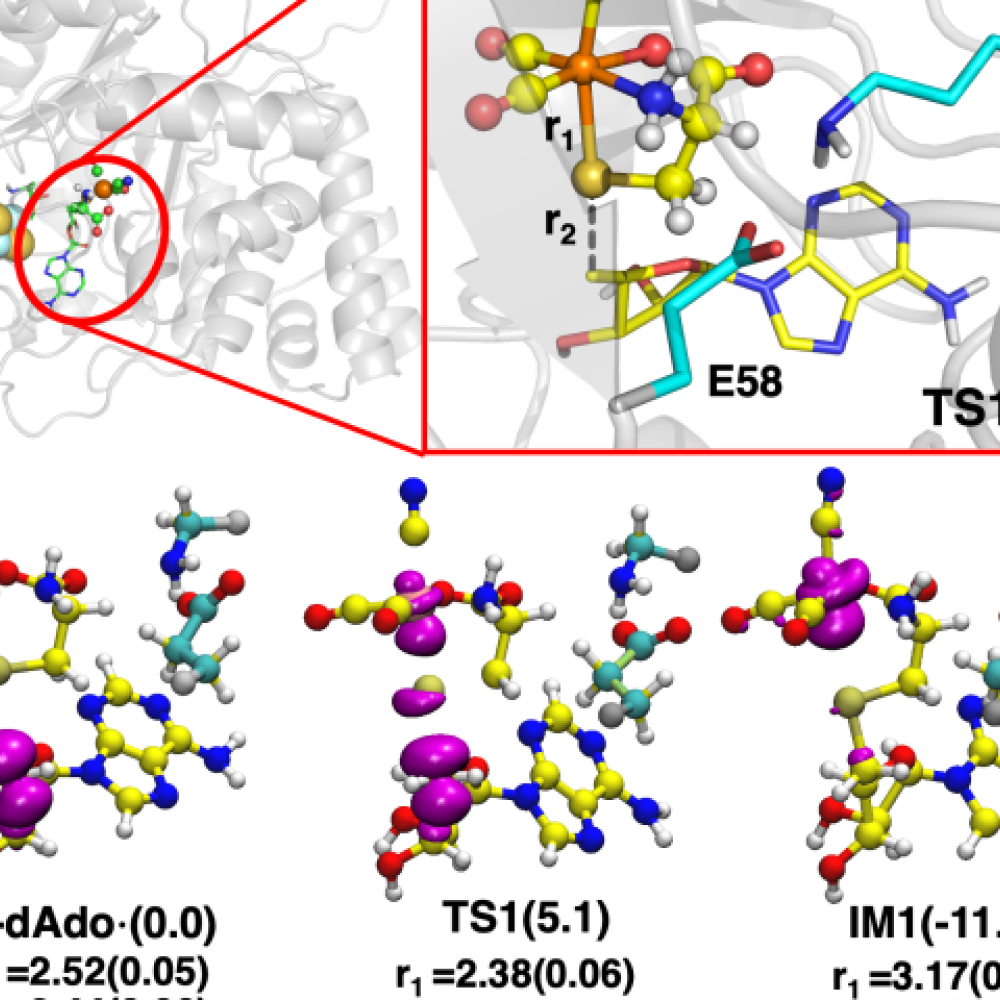Major and minor
From the twitch of a muscle fiber to the silent explosion of a supernova, every happening in the universe is linked at an atomic level by the principles of chemistry. Chemists analyze and create substances, test theories using chemical analysis, and measure the properties of substances, such as material strength used in engineering. Students have the flexibility to pursue either an A.B. or B.S. degree; the A.B. degree is ideal for students pursuing a professional degree or teaching, while the B.S. degree provides students with a more rigorous scientific preparation. Chemistry students are able to apply their skills and knowledge to any specialization requiring experience with lab work and an analytical mind: this ranges from creating solutions for climate change to regulating the implementation of chemical preservatives in food.
Real World Outcomes
UC Davis chemistry graduates are currently working as forensic analysts in crime laboratories, pharmaceutical researchers, water quality control inspectors, university health and safety directors and as instructors at every educational level.
Requirements
After completing required initial sequences in chemistry, physics and calculus, you will begin working with more advanced topics such as physical chemistry, organic and inorganic chemistry and analytical and laboratory methods. You may choose to specialize in an area such as chemical physics, forensic, environmental or pharmaceutical chemistry, or choose a more general course of study that will prepare you to enter a wide range of fields.

